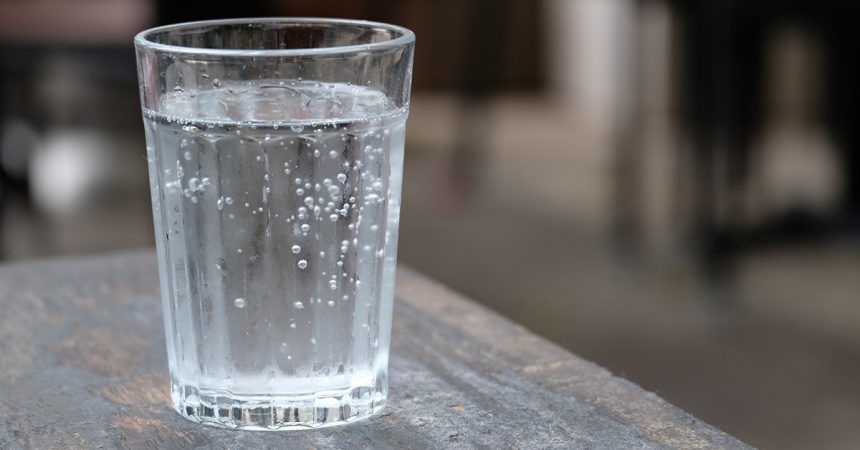Sparkling water has become a popular choice for those seeking a refreshing, low-calorie alternative to sugary drinks. But is it a healthy choice? Let’s explore the facts, benefits, and potential drawbacks of this bubbly beverage.
Sparkling water, also known as soda water, seltzer, or fizzy water, is simply water infused with carbon dioxide gas to create bubbles. It offers a zero-calorie option that many find more enjoyable than plain water. Natural options like Perrier and San Pellegrino may contain additional minerals, while tonic water has added quinine and sugar.
One of the key benefits of sparkling water is its ability to support hydration. It can be just as hydrating as still water and the bubbly sensation may make it more enjoyable to drink, helping you meet your daily water needs. Staying hydrated is important for physical and cognitive function, and sparkling water provides a fun way to ensure you’re getting enough fluids.
In terms of weight management, sparkling water can be a satisfying, calorie-free alternative to sugary drinks, potentially reducing overall calorie intake. The carbonation may create a feeling of fullness, helping to curb appetite and prevent overeating.
There is some evidence suggesting that carbonated water may aid in digestion. It can promote bowel regularity and stimulate swallowing muscles, which could benefit those with swallowing difficulties.
However, there are some concerns regarding dental health when it comes to sparkling water. The carbonic acid created by the carbon dioxide can lower the pH level and make the water slightly acidic, which could increase the risk of enamel erosion and cavities. Drinking in moderation and rinsing your mouth with plain water afterward can help mitigate these risks.
Some individuals may experience bloating or gas from the carbonation in sparkling water, and those with GERD may have issues with acid reflux or heartburn. However, these effects vary from person to person and many can enjoy sparkling water without discomfort.
In terms of bone and heart health, concerns about sparkling water harming bone health are largely unfounded. Studies suggest it may even improve calcium retention. Limited evidence also suggests positive effects on heart health by improving cholesterol levels and reducing inflammation.
In conclusion, sparkling water can be a healthy and enjoyable alternative to sugary beverages. It supports hydration, aids in digestion, and can be part of a weight management strategy. To avoid potential dental or digestive issues, it’s important to consume it in moderation. Incorporating sparkling water into a balanced, healthy lifestyle can be a refreshing and guilt-free choice.






